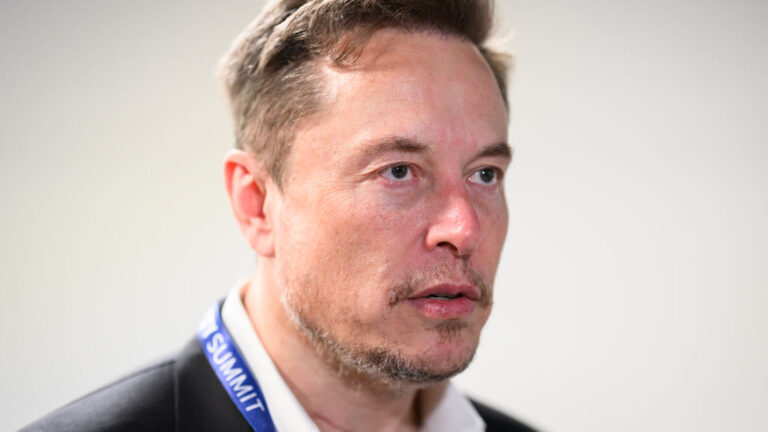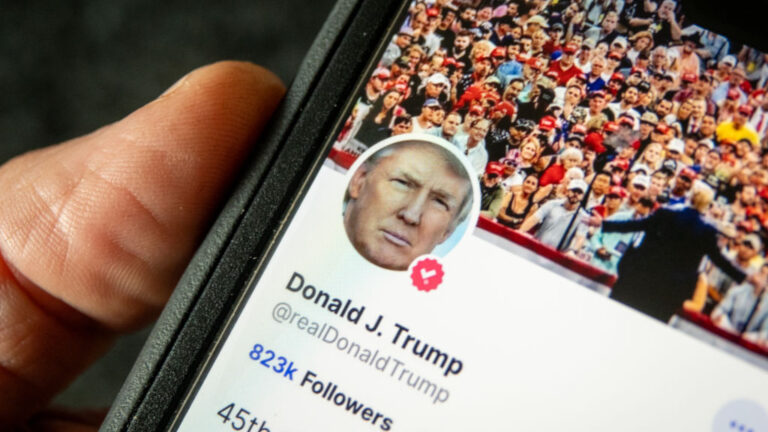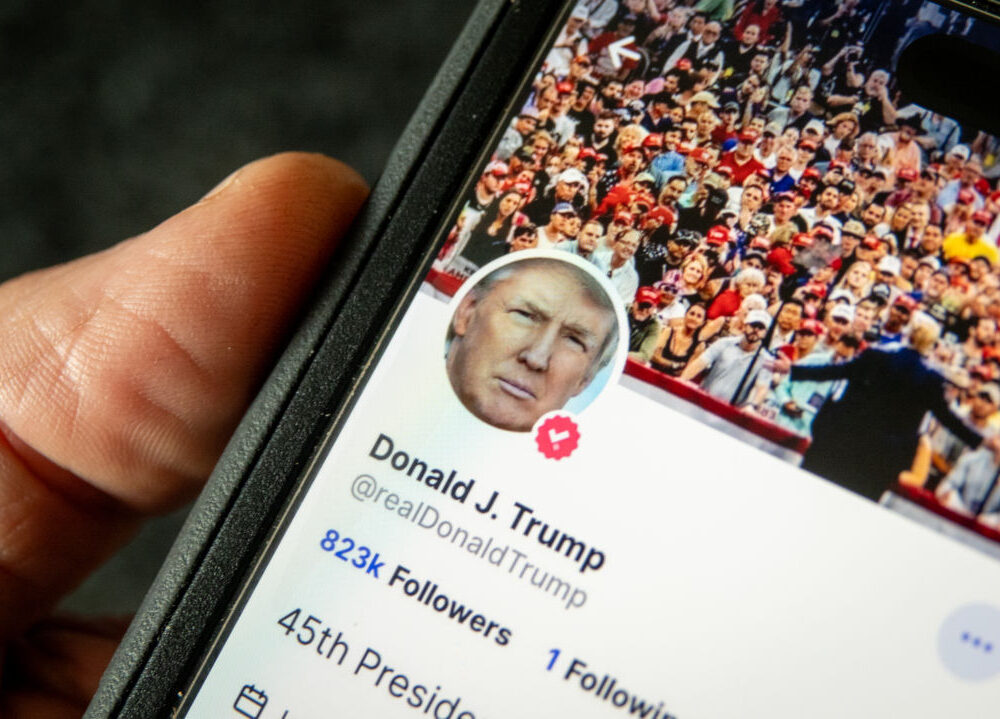European Union orders X to hand over algorithm documents
Earlier in the week, Germany’s defence ministry and foreign ministry said they were suspending their activity on X, with the defence ministry saying it had become increasingly “unhappy” with the platform.
When asked if the expanded probe was a response to a discussion Musk conducted last week with AfD co-leader Alice Weidel, in which she was given free rein to promote her party’s platform and make false claims about Adolf Hitler, a Commission spokesperson said the new request helped “us monitor systems around all these events taking place.”
However, he said it was “completely independent of any political considerations or any specific events.”
“We are committed to ensuring that every platform operating in the EU respects our legislation, which aims to make the online environment fair, safe, and democratic for all European citizens,” said Henna Virkkunen, the Commission’s digital chief.
X did not immediately respond to a request for comment.
The Commission had been under recent political pressure to be tough on Musk’s X ahead of the Weidel interview.
Last week Damian Boeselager, member of the European parliament, wrote to Virkkunnen to demand a probe into whether the social media platform’s use of algorithms met the EU’s transparency requirements.
“There are allegations that Musk is boosting his own tweets,” Boeselager told the Financial Times last week. “The guy can be crazy but it is unfair if he’s amplifying who must listen to him.”
This story was updated shortly after publication with additional details.
© 2025 The Financial Times Ltd. All rights reserved. Not to be redistributed, copied, or modified in any way.
European Union orders X to hand over algorithm documents Read More »















